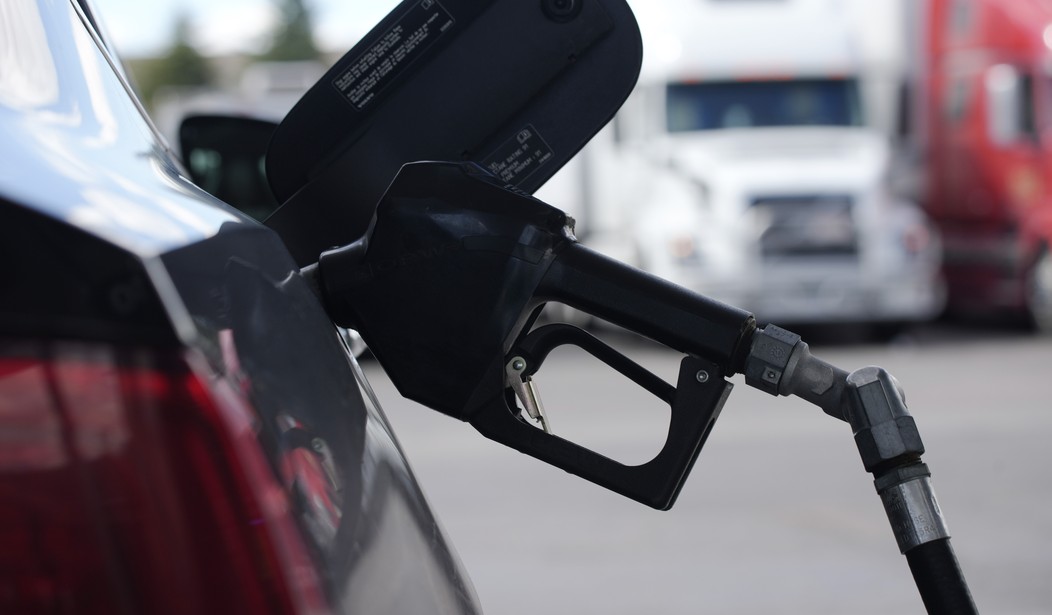Over the weekend, thousands of gas stations in the United Kingdom saw their tanks run dry as drivers began forming long lines hoping to hoard some extra gasoline. Fights broke out at a number of gas stations and police were called in, with a few arrests being made. But the most curious thing about this entire story is that there is more than enough gasoline in the UK to meet everyone’s needs at the moment. The problem is, they have no way to get it to the stations to refill the tanks. One major retailer with thousands of outlets around the country reported that two thirds of their stations were reporting empty tanks, with the rest getting close to the end of their supply by Sunday evening. (Associated Press)
Thousands of British gas stations ran dry Sunday, an industry group said, as motorists scrambled to fill up amid a supply disruption due to a shortage of truck drivers.
The Petrol Retailers Association, which represents almost 5,500 independent outlets, said about two-thirds of its members were reporting that they had sold out their fuel, with the rest “partly dry and running out soon.”
Association chairman Brian Madderson said the shortages were the result of “panic buying, pure and simple.”
The situation was dire enough that Prime Minister Boris Johnson was threatening to call in the military to both deliver some fuel and keep the situation under control.
As I mentioned above, there is plenty of gasoline in the country. The problem is that it’s all sitting at the refineries and major storage tanks. There are also more than enough tanker trucks to haul the fuel. The problem is that just as we’ve seen in the United States, they are facing a critical shortage of drivers.
So how did that happen? Part of it, just as has been the case in America, was driven by the pandemic. There was a lengthy period last year when nobody was driving very much and the demand for gasoline plummeted. Drivers that normally worked full time driving tankers had no loads to carry and many of them switched to other lines of work or at least different products to haul. It takes time to train new drivers, and they simply don’t have enough at the moment.
The trucking associations in the UK blame other factors as well. A lot of foreign drivers who filled in some of the gaps left the country after Brexit happened and questions arose about being able to move back and forth across the channel. The problem has spread to more sectors than just the gasoline market. Supermarkets are reporting empty shelves in many places because products aren’t making it from the docks to the retail outlets.
So what does Boris Johnson plan to do about it? He’s ordering the issuance of thousands of emergency visas for foreign drivers to come back and get things moving. Of course, that assumes that they can find enough drivers in other countries that are willing to apply and their home countries will similarly approve the paperwork. Brexit left some hard feelings that still haven’t entirely healed over, so it wouldn’t be that shocking to see France or some other neighbors gum things up.
This is yet another life lesson in the frailty of the supply chain. When it’s working smoothly, nobody notices it. All manner of goods show up on the shelves of stores or being delivered to our doors as if by magic. But when the supply chain is disrupted for more than a day or so, very large effects are felt that can be very widespread. Why do I point this out? Take the trucking situation in the United States and the UK and multiply it by one thousand or more. That’s how much of the global supply chain China controls. And they could shut off the spigots at any time if they really wanted to. Just something for you to ponder on a Monday.







Join the conversation as a VIP Member